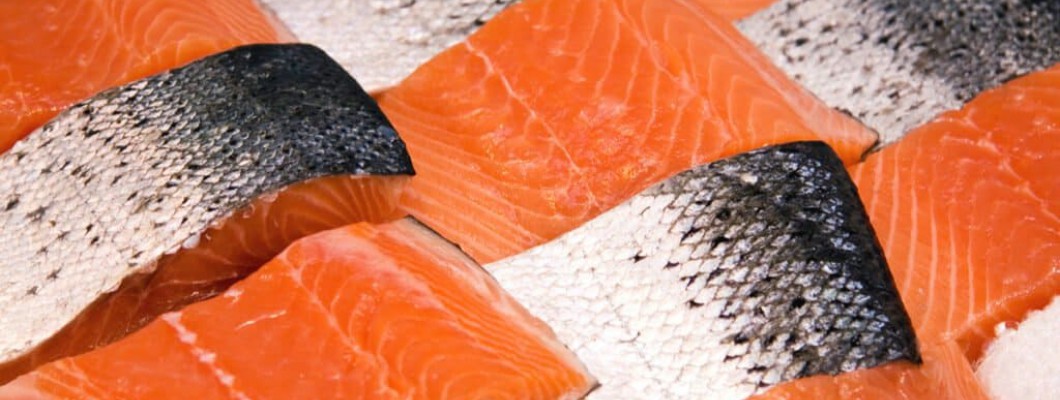The Ultimate Salmon Guide: Learn About Different Types, Nutrition, and Recipes

Salmon is a delicious and nutritious fish that is enjoyed by people all over the world. It is a good source of protein, omega-3 fatty acids, and other essential nutrients. Salmon is also relatively low in calories and fat, making it a healthy choice for people of all ages.
Types of Salmon
There are many different types of salmon, each with its own unique flavor and texture. The most common types of salmon include:
- Atlantic salmon: This is the most popular type of salmon in the world. It has a mild flavor and a firm texture.
- Pacific salmon: There are five different species of Pacific salmon: chinook, coho, pink, sockeye, and chum. Pacific salmon are generally more flavorful than Atlantic salmon, but they can also be more fatty.
- King salmon: King salmon, also known as chinook salmon, is the largest and fattiest type of salmon. It has a rich flavor and a firm texture.
- Sockeye salmon: Sockeye salmon, also known as red salmon, is known for its bright red color and rich flavor. It is a good source of omega-3 fatty acids and other nutrients.
- Coho salmon: Coho salmon, also known as silver salmon, has a milder flavor than sockeye salmon. It is a good source of protein and omega-3 fatty acids.
- Pink salmon: Pink salmon is the smallest and most common type of Pacific salmon. It has a mild flavor and a delicate texture.
Nutrition Facts
Salmon is a good source of many essential nutrients, including:
- Protein: Salmon is a high-protein food, which means that it is a good source of amino acids, the building blocks of muscle tissue.
- Omega-3 fatty acids: Omega-3 fatty acids are essential fatty acids that are important for heart health, brain health, and inflammation reduction.
- Vitamin D: Vitamin D is an important nutrient that helps the body absorb calcium and phosphorus. It is also important for immune function and bone health.
- Selenium: Selenium is a mineral that is an antioxidant. Antioxidants help protect the body from damage caused by free radicals.
Health Benefits
Salmon has been linked to a number of health benefits, including:
- Reduced risk of heart disease: Omega-3 fatty acids in salmon have been shown to reduce the risk of heart disease by lowering triglycerides, blood pressure, and inflammation.
- Improved brain health: Omega-3 fatty acids in salmon have also been shown to improve brain health and protect against cognitive decline.
- Stronger bones: Vitamin D in salmon helps the body absorb calcium and phosphorus, which are important for bone health.
- Reduced inflammation: Omega-3 fatty acids in salmon have anti-inflammatory properties, which can help reduce inflammation throughout the body.
Recipes
Salmon is a versatile fish that can be cooked in many different ways. Here are a few simple and delicious salmon recipes:
- Baked salmon: Preheat oven to 400 degrees Fahrenheit. Place salmon fillet on a baking sheet and drizzle with olive oil. Season with salt and pepper. Bake for 12-15 minutes, or until salmon is cooked through.
- Pan-seared salmon: Heat a tablespoon of olive oil in a skillet over medium-high heat. Add salmon fillet to the skillet and cook for 3-4 minutes per side, or until salmon is cooked through.
- Grilled salmon: Preheat grill to medium heat. Brush salmon fillet with olive oil and season with salt and pepper. Grill for 3-4 minutes per side, or until salmon is cooked through.
Salmon can also be added to salads, soups, and stews. It is also a popular ingredient in sushi and sashimi.
No matter how you choose to cook it, salmon is a delicious and nutritious fish that is a great addition to any diet.

Leave a Comment